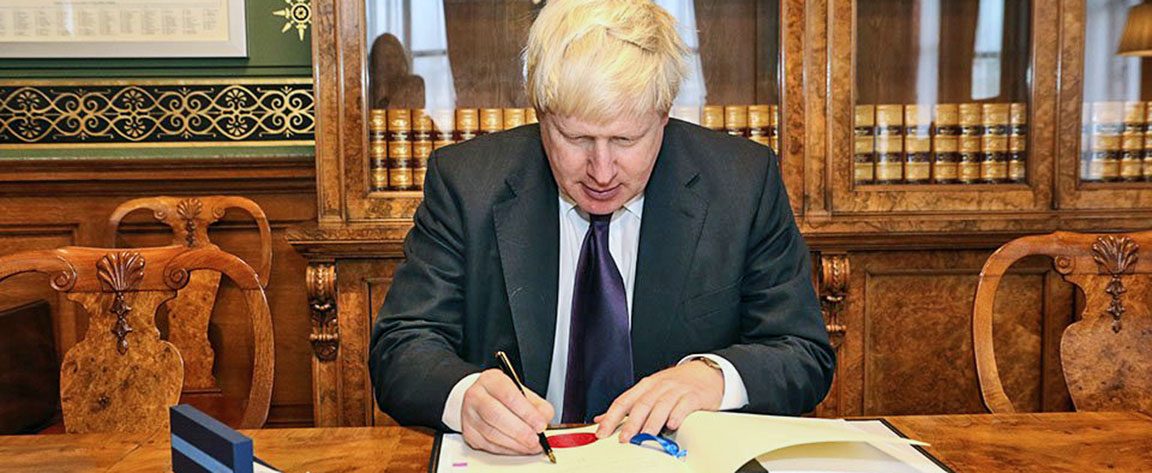This year has been extraordinary as far as global weather is concerned. Most significantly, the devastating hurricanes that have hit parts of the Caribbean and the United States are the most powerful storms on record.
But other parts of the world have been affected, too. As I write, not one, but two extremely powerful storms are heading for the United Kingdom, threatening dangerous winds and extreme rainfall. Japan, too, has suffered extreme conditions, especially in Kyushu, where there has been severe flooding.
By and large, experts agree that the unusual conditions are a direct consequence of climate change—specifically, global warming. Average global temperatures over the past 50 years have increased at the fastest rate in recorded history. Scientists see the trend accelerating—all but one of the 16 hottest years in NASA’s 134-year record have occurred since 2000.
Scientists suggest that global warming is due to the collection of carbon dioxide (CO2) and other air pollutants and gases in the atmosphere. These, in turn, absorb sunlight and solar radiation that have been reflected off the Earth’s surface. They explain that, normally, this radiation would escape into space, but the pollutants, which can last for centuries in the atmosphere, instead trap the heat, causing the planet to heat up. This is what we know as the greenhouse effect.
In an attempt to mitigate the effects, 196 parties met in 2015 at the United Nations Climate Change Conference in Paris and signed an agreement in which each country agreed to determine, plan and report its own contribution to the reduction of global warming. The Paris Accord is the world’s first comprehensive agreement. Its aims are:
“(a) Holding the increase in the global average temperature to well below 2°C above pre-industrial levels and to pursue efforts to limit the temperature increase to 1.5°C above pre-industrial levels, recognising that this would significantly reduce the risks and impacts of climate change;
“(b) Increasing the ability to adapt to the adverse impacts of climate change and foster climate resilience and low greenhouse gas emissions development, in a manner that does not threaten food production;
“(c) Making finance flows consistent with a pathway towards low greenhouse gas emissions and climate-resilient development”. Unlike its predecessor, the Kyoto Protocol, the Paris Accord focuses on consensus building, allowing voluntary and nationally determined targets.
Moving ahead
In June of this year, however, US President Donald Trump announced his intention to withdraw from the agreement, triggering widespread condemnation. To make matters worse, the United States is one of the world’s largest polluters.
But Trump is unpredictable. He appears set on undoing as much as he can of what the previous president, Barack Obama, put in place, as if only for the sake of doing so. He also frequently changes his mind. And so it seems with the Paris Accords. Already there are signs of prevarication.
Even without Trump, however, there are indications that US firms are taking a proactive approach and making their own arrangements to counter global warming. And individuals in the United States are generally socially responsible on the issue. The major problem with Trump’s position is the message it sends to the rest of the industrialised world.
Given Trump’s wavering, there would appear to be a strong opportunity for British Prime Minister Theresa May to make a strong bid for leadership. Indeed, the UK has a strong record in the battle against global warming and at her speech to the UN in September, May singled out the Paris Accords as an example of the rules-based international system that enables the promotion of “fairness, justice and human rights”. Furthermore, in July she was clear that she would not renegotiate the agreement, as Trump had said he wants to.
Meanwhile, Japanese Prime Minister Shinzo Abe wrote to Trump earlier in the year urging him to stick to the accords, and Abe has expressed his own determination to press on with them.
With or without the United States, the international community will work towards achieving those targets.







